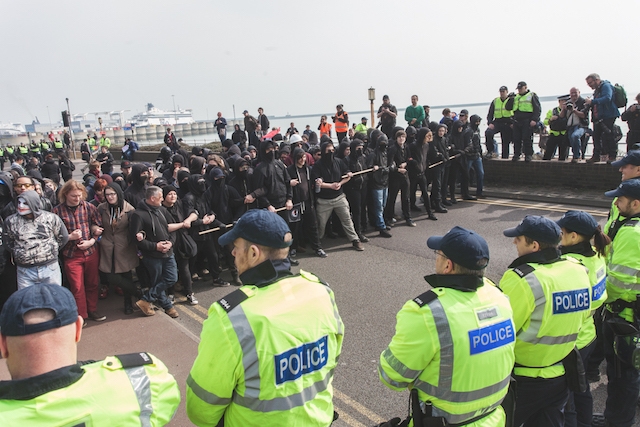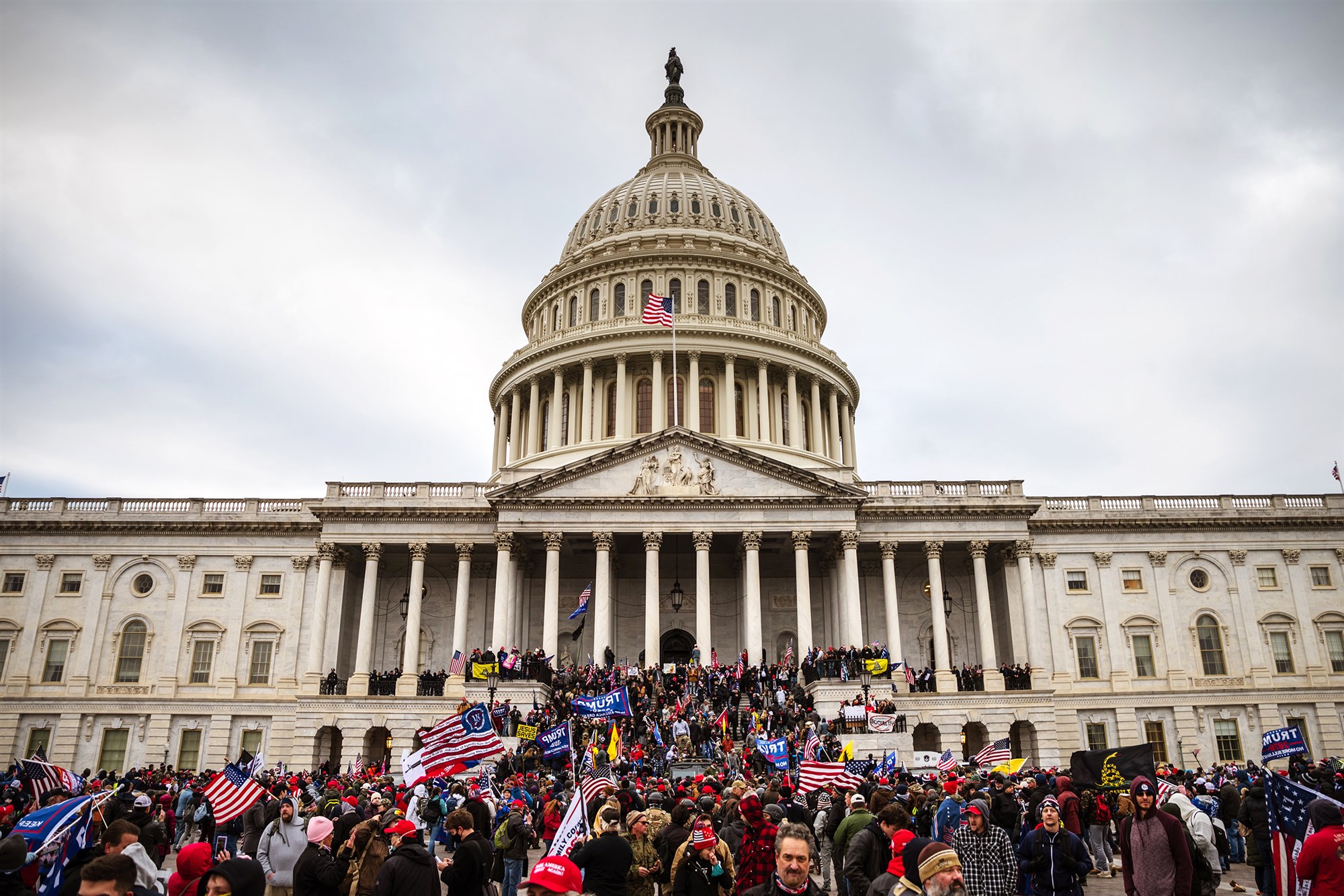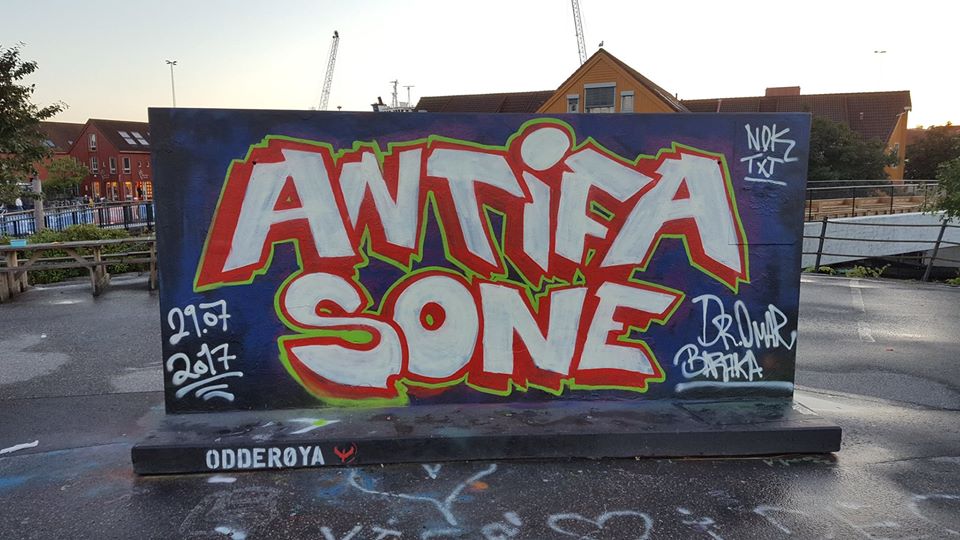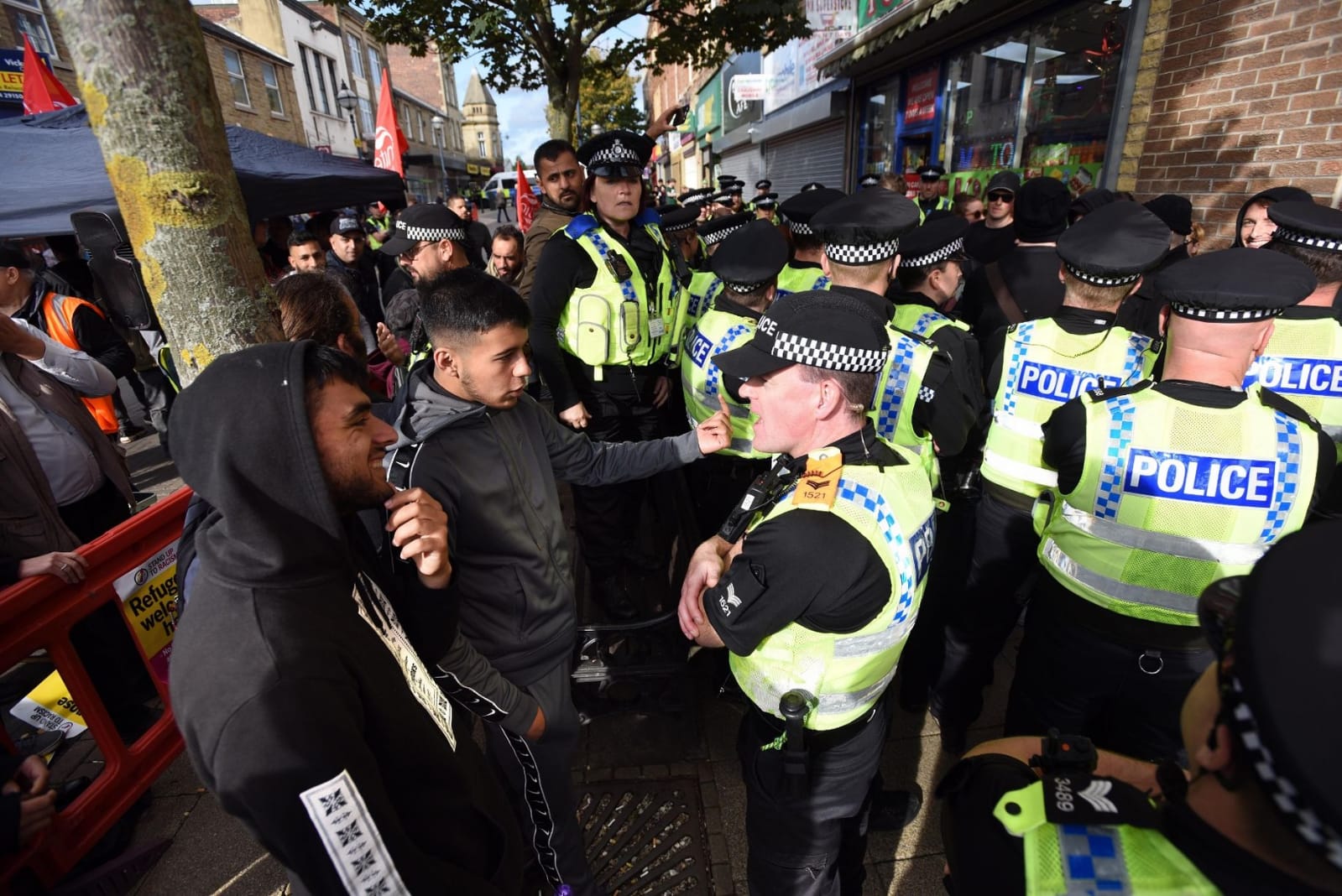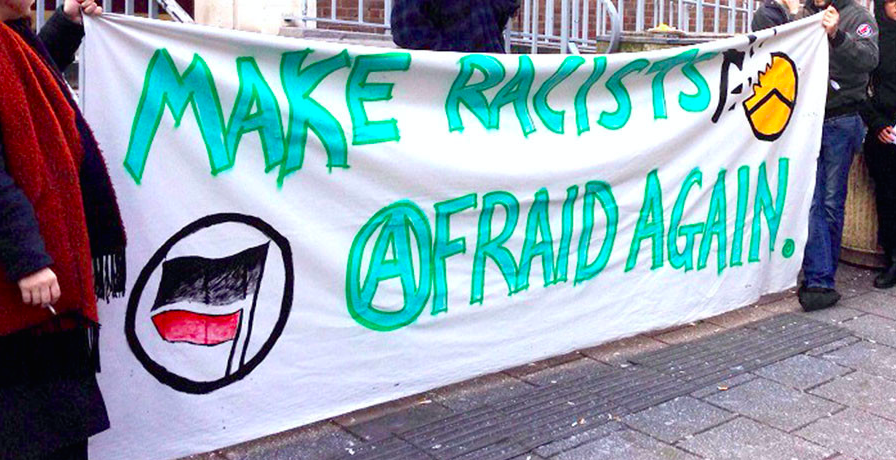Liz Fekete (Institute of Race Relations) has kindly turned her speech from the opening plenary of Fast Forward 2017 into this text.
Some points towards understanding the importance of anti-fascism for the Commons and the development of counter-power.
1) Anti-fascism as metaphor and conceptual framework for opening up new spaces of struggle
This is not a repeat of the 1930s, and the National Socialism/fascism that arose out of European imperial nation-state rivalries. Today, the context for the growth of the hard Right is globalisation, neoliberalism, corporate power and the supremacy of markets. But although the circumstances are different today, anti-fascism can still serve as both metaphor and conceptual framework for opening up new spaces of struggle.
2) The centrality of They Shall Not Pass
Anti-fascism is a tradition that is present all around us, and which is more deeply embedded in European societies than authoritarianism and fascism. At its heart lies a defence of the Commons – No Pasaran/They Shall Not Pass. Anti-fascism is not just about fighting the fascists on the streets. It is about connecting to an anti-fascist anti-racist tradition, and making it vital and real at a time where the neoliberal thrust of capitalism involves abandoning whole communities to market forces.
3) Respect for human dignity versus Lebensunwertes Leben
In respect of this, it’s useful to foreground issues of human dignity. The Nazi scientists coined the idea of Lebensunwertes Leben (life unworthy of life) to describe those sections of the population who had no right to live – at first, the mentally and physically disabled, but then the Roma and the Sinti, ‘homosexuals’, Jews, etc. Although there are no state-sanctioned euthanasia programmes in Europe today, those abandoned by neoliberalism – the mentally-ill, the disabled, the incarcerated, the unemployed, the poor, the elderly – have effectively been categorised as ‘disposable’ people. This is the absolute opposite of the respect for human life/dignity as embodied by the Commons.
4) Counter-power must be counter power against the State
So it’s all about defending community, defending an imperfect democracy from a fascism/authoritarianism that is actually operating from within capitalism. (NB, I do not see Trump as an exception.)
Where there is state racism, there is always a possibility that fascism will be reinvigorated. What is nurturing fascism but state and institutional racism: laws, policies and procedures that make racism respectable. (NB In the UK, today, nativism and Islamophobia are particularly potent racisms driving state racism.) So counter-power cannot be just about carving ‘out new spaces of autonomy, in, against and beyond capital and the state’, but must also be about challenging the racism of the State and of mainstream institutions. But, crucially, this also means challenging the State’s power to determine human relations – a refusal to allow our relations to be governed by categories imposed from above.
5) Counter-power has to build on counter knowledge/radical tradition/ anti-racism
Counter-power needs counter knowledge. Anti-racism can never be just symbolic. And where action is symbolic, it needs to be strategic too. Strategic action cannot be free-floating, it must be attuned to the needs of those people whose lives are destroyed/damaged by racism. (For instance, in campaigns around deaths in police custody, we have to fight for justice for the families, as ‘without care and justice, victory is not possible’. Counter-knowledge of how to take on state power has been passed down from generation to generation thanks to community-based strategic organisations like Relatives for Justice, United Families and Friends Campaign, Inquest, Hillsborough Campaign, etc . The lessons are preserved in the CARF archive, now downloadable on the IRR website.
6) Counter knowledge means looking at collusion
The commentariat is only interested in fascism at the ballot box, but this obscures the fact that States can collude, either directly or indirectly, with the growth of fascist forces. They can collude through the internal logic of law enforcement and particular cultures of policing (often colonial-style in BAME communities, witness how Notting Hill carnival has always been used as a testing ground for police strategies). Collusion can involve turning a ‘blind eye’ as the fascists prepare for race war. At borders, where state violence against migrants and refugees is the most intense, the activities of neo-Nazi paramilitaries too often go un-policed.
7) For the community and for the class
Plan C writes that it is not ‘the organisation of the working classes’ and that it seeks ‘cross-pollination between groups and communities’. While this is important, it is also important that we don’t facilitate the myth that our politics are somehow ‘above class’ or ‘classless’, or abandon the idea of being ‘for the class, and therefore for the community’. After Brexit and Trump, a dangerous tendency has emerged, even among progressives, to racialise class, and abandon sections of it – to see the white working class as inherently fascist and backward. Yet, as the Grenfell fire taught us, communities and classes are coming together in powerful ways.
Consent for austerity, for labour deregulation, for dismantling of welfare, would not have been possible without a boundary-making national political culture and a divide-and-rule politics which delineates the citizen worker from the rightless migrant. It’s our business to fight that division, not cement it.
8) Counter-power and defence of the Commons comes in many forms
Anti-fascism should not become insular, self-congratulatory, only recognising resisters when they look and act like us. Many ordinary people are caring for refugees and migrants across Europe – and even disobeying unjust laws to provide food, water, transport and shelter – not because they are politically active, in the orthodox sense, but out of a sense of humanity. They Shall Not Pass – in its broadest sense – is a passionate encapsulation of the interdependent relationship between the fight for humanity and the defence of the Commons.

